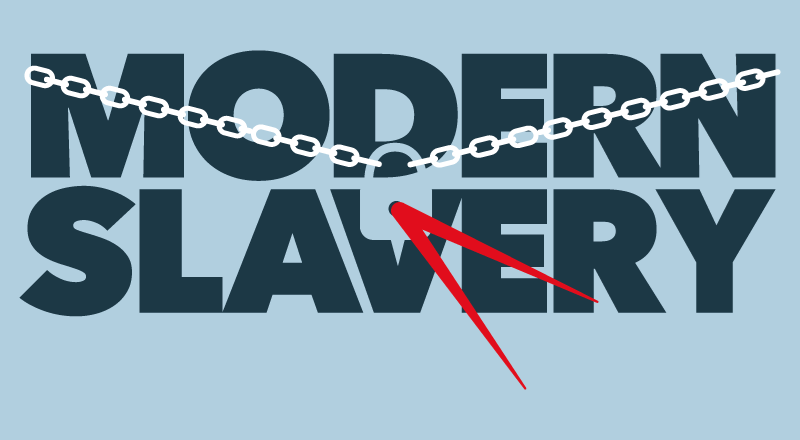Note: A more recent article was published on 11 October 2022, Economic Crime Bill 2: what it means for you, which explores the potential impact on accountants.
In February, as Russian president Vladimir Putin invaded Ukraine and the West began sanctioning Russia and its oligarchs to curb inflows of illicit money, the UK government moved to tighten gaping loopholes in Britain’s fight against economic crime, and by 1 March had introduced The Economic Crime (Transparency and Enforcement) Act to parliament.
Many agree that the move was long overdue. But despite the speed with which the government pushed the Bill through – it received Royal Assent on 15 March – it hadn’t tackled the trickier aspects of curbing money laundering in the UK. Hence the need for the Economic Crime Bill, 2.0.
The National Crime Agency, tasked with fighting economic crime, estimates that money laundering costs the UK more than £100 billion a year. This, however, is considered to be a conservative estimate.
The challenge for Britain, and particularly London – dubbed Londongrad – is that British politicians have, for decades, actively encouraged billionaire oligarchs to invest in the UK with the introduction of special investor visas and, arguably, weak checks on the provenance of money.
The government acknowledges this backdrop, stating in the Queen’s Speech that the purpose of the Bill is to “crack down on the kleptocrats, criminals and terrorists who abuse our open economy, ensuring we drive out dirty money from the UK; ensure these people, including Putin’s cronies, do not benefit from the UK’s open society; strengthen the UK's reputation as a place where legitimate businesses can grow and create jobs.”
The second part of the Bill contains key policy developments that will affect accountancy firms, and hopefully improve processes for them. The bill will broaden the Registrar of Companies’ powers to become a “more active gatekeeper over company creation and custodian of more reliable data, including new powers to check, remove or decline information submitted to, or already on, the Company Register”.
Michelle Giddings, Head of Anti-Money Laundering, Professional Standards, ICAEW says: “We agree that Companies House should have additional responsibilities to verify information on the register and extended powers and increased resources to enable it to do so. It is important that relevant information on the register can be relied upon as being accurate.”
The changes to Companies House register have long been called for; indeed the government promised to reform it several years ago but has, until now, failed to act. In 2016 the Conservative government pledged its intention to create a register of overseas entities owning UK property. A draft Economic Crime Bill was prepared in 2018 but did not make its way onto the statute books.
Sarah Wrigley, a director at Forensic Risk Alliance, says: “The Bill includes significant and overdue reforms to Companies House. It has long been acknowledged that it was far too easy to register a company in the UK without any checks being performed on the individuals involved or the information provided. This lax environment has been exploited by criminals and kleptocrats to move illicit funds. The 2020 ‘FinCEN files’ leak of Suspicious Activity Reports filed with US authorities, as an example, included the names of over 3,000 UK registered companies.”
The Economic Crime (Transparency and Enforcement) Act 2022, was introduced in March and included measures for a beneficial ownership register for overseas entities holding UK real estate. This new requirement, along with the expected new powers and responsibilities in Part 2 of the Bill, means that Companies House will need much greater resources to fulfil its new powers.
Wrigley says: “These reforms are much welcomed, but the challenge will be in effective enforcement. Without adequate resources to effectively implement these reforms, they are unlikely to make a significant and immediate impact on the problem of economic crime in the UK.”
ICAEW also supports the need to properly resource new responsibilities for Companies House, especially in regard to “the integrity of the register and its place in crime prevention (principally, verification of directors’ identities)”.
Ministers will also provide investigatory and enforcement powers to Companies House, as well as introducing better data cross-checking with other public and private sector bodies.
The Bill will also enable businesses in the financial sector to share information more effectively to prevent and detect economic crime.
ICAEW says that Companies House should adopt a more proactive approach in detecting and removing incorrect information and sharing intelligence with law enforcement authorities. However, it urges the government to consider the current anti-money laundering regime in relation to the new powers.
The Bill is also expected to provide a gateway for businesses in the financial sector to share information more effectively to prevent and detect economic crime. Giddings says: “The proposals are designed with the financial sector in mind and don’t consider the challenges and barriers faced by other sectors. However, it is just as important that such gateways are available to the accountancy sector – the Bill should be drafted to facilitate accountancy firms, which are bound by the Code of Ethics, to share information with others that they have received in confidence.”
Legislation imminent?
Lord Callanan, Parliamentary Under Secretary of State at the Department for Business, Energy and Industrial Strategy was unable to give a specific date on when the Bill would be presented to Parliament as it was still being drafted.
It is hoped, however, that it will receive draft legislation before the summer parliamentary recess in order to enact the Bill before Christmas. Only then can the UK claim it has closed the legislative loopholes that have led to the term ‘Londongrad’.
Recent articles
Company reform and economic crime
The Economic Crime Act 2022 became law in March and part two of the bill is incoming. From risks to required changes, we explore key considerations for accountants on the issue.




